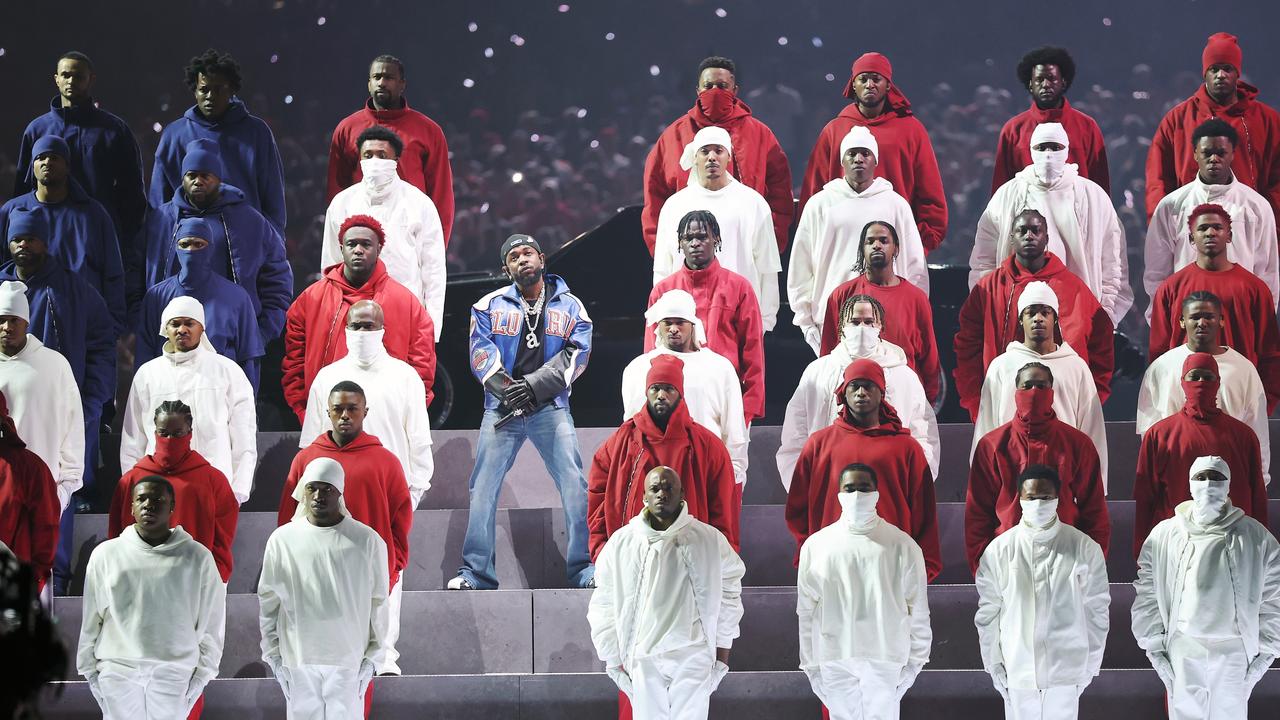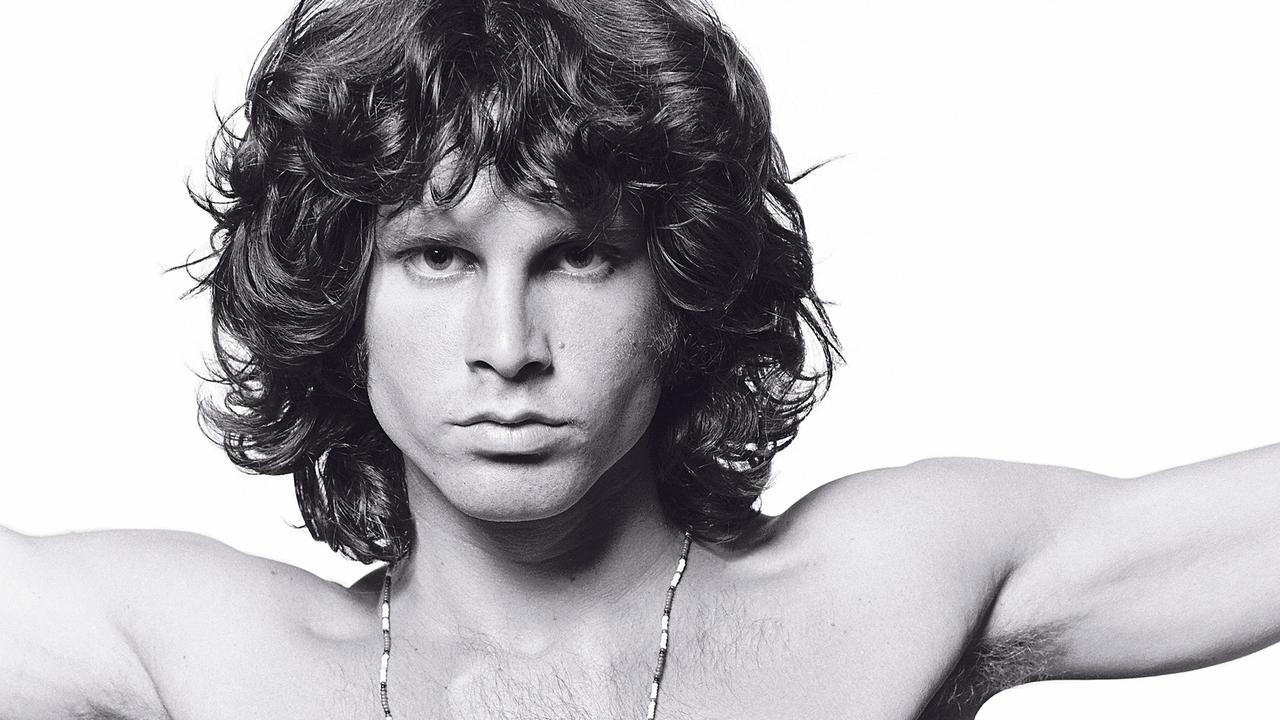OK boomer: you can’t even claim the music
Let’s settle this. War babies like the Beatles, the Stones, the Doors, the Supremes and Bob Dylan — not baby boomers — led the sixties music revolution.
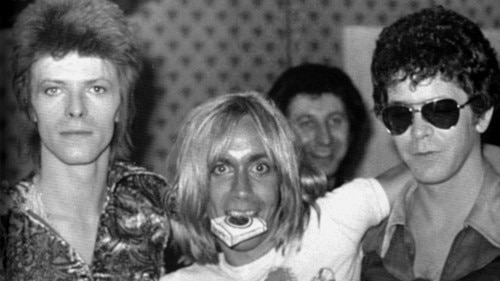
When a friend posted on Facebook recently that it was easy to put down the baby boomers, but what a time they created with the culture, the rebellion and the music of the 1960s, I posted back that the boomers could take no credit for the sixties. All their cultural leaders were war babies.
A little social media debate flared for half a day. It got me thinking about that seemingly forgotten cohort of people born during the war. I see them now when I visit my mother in her nursing home where it seems so wrong to hear groovy music filling the air. So, with John Lennon’s 80th birthday looming in October, I took a deeper dive. It turned out that my strongly stated Facebook opinion was remarkably true.
The baby boom is characterised as the period when the soldiers returned from World War II and started procreating.
The huge number of children they produced from 1946 to 1960 grew up in a period of growing prosperity and astonishing flux as hair, human rights and guitar solos grew long, while skirts and virginity got shorter. I already knew that the Beatles, the Stones, the Doors, the Supremes and Bob Dylan were all war babies. But when did the first boomers actually start to influence things? It was nigh on impossible to find a 60s musician of any import who was not a war baby. Rare exceptions were Herman’s Hermits and teenagers Lesley Gore, Liza Minnelli and Sandie Shaw. But few would nominate them as having had much influence. After that, the best I could do was the Who’s drummer, Keith Moon, (1946) who joined the band of war babies in time to play on their seminal 1965 song, My Generation.
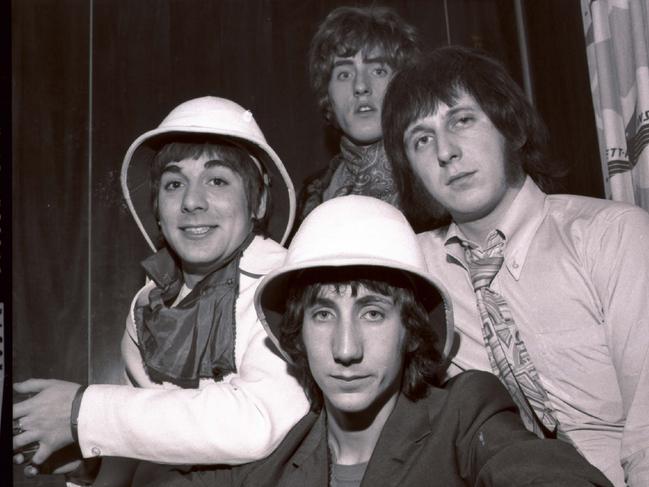
Moon probably had more of an influence on the rock ’n’ roll lifestyle than the music before his rock ’n’ roll death — an overdose of prescription pills — in 1978. It seemed that so many war babies became famous as “teenagers” — a newly minted name for them — that by the time the boomers hit their late teens and early 20s, there was no room at the top. They were like the current millennials trying to crack the real estate market. Even those adorable processed-cheese merchants the Monkees were born during the war. A notable exception to all this was the less crowded arena of Australia where Normie Rowe, Billy Thorpe, the Easybeats and Bee Gees, all boomers, found space to grow.
On the world stage, however, you have to wait until 1969, when the oldest boomers are already 23, for things to start to change. In January that year, Led Zeppelin released its debut album, helping to invent heavy metal. The creative powerhouse behind it was war-baby Jimmy Page (1944), but he’d pulled together a band of boomers — Robert Plant (1948), John Paul Jones (1946) and John Bonham (1948) to create their own magic.
I’d argue that when David Bowie (1947) released Space Oddity in July 1969 he became the first boomer to single-handedly have an influence on the course of pop music. Ten days after its release, Neil Armstrong and Buzz Aldrin landed on the moon. They were both Depression-era babies, but the NASA team that got them there had an average age of 27 (so born in 1942). The rocket scientists were the same age as Hendrix, McCartney and Isaac Hayes.
A month later, Iggy Pop (1947) and his band the Stooges practically invented punk with their first album that included songs like No Fun and I Wanna Be Your Dog.
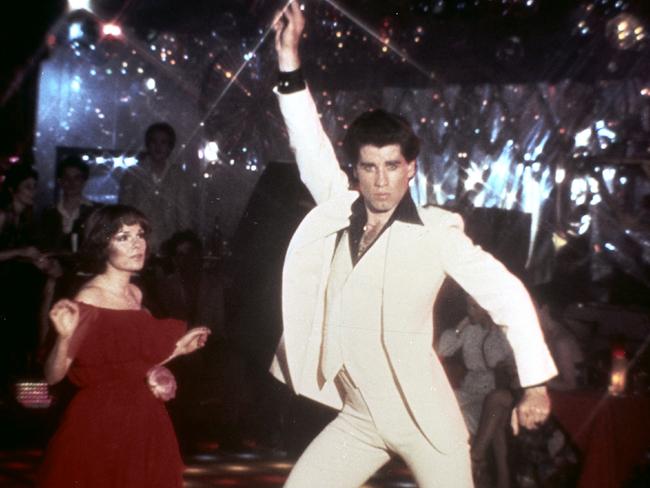
When James Brown, a child of the Depression, was inventing funk in the late 60s, his legendary band members such as Maceo Parker and Fred Wesley were war babies. There was, meanwhile, a slick new sound emerging on the black and Latino dance floors of the US.
It took until 1974, however, for boomer Gloria Gaynor, (1949) to smash through with the world’s first fully fledged disco hit, I Never Can Say Goodbye. The Bee Gees piled on with Jive Talkin’ the following year and entered the period when they inarguably did influence the course of music.
The 1976 article by Nik Cohn in New York magazine that inspired the movie Saturday Night Fever made the point that the fads of the 60s had passed the younger generation by. “They know nothing of flower power or meditation, pansexuality, or mind expansion … No hip jargon either, and no Pepsi revolutions. In many cases, they genuinely can’t remember who Bob Dylan was, let alone Ken Kesey or Timothy Leary. Haight Ashbury, Woodstock, Altamont — all of them draw a blank.”
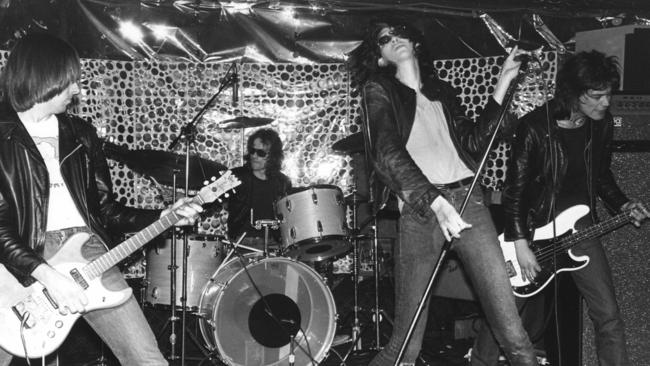
The boomers were coming into their own by throwing off the 60s, by putting on vests and slicking back their hair and sometimes even touching the person they danced with. By this time, the Ramones (all boomers) and the New York Dolls (ditto) were off and running, influencing London rag trader Malcolm McLaren (1946) to form the Sex Pistols in 1975. And by the time my generation, Gen X, was coming into its own, it was the boomers who were leading the way creating New Wave plus all that naff 80s stuff. We can also “thank” the boomers for REO Speedwagon, Air Supply and Hall and Oates. But I love most of the music the boomers invented: glam, disco, punk, heavy metal, new wave. It is the music I hope they play for me in my old age.
Just don’t get into an argument with me about who created the 80s because this grumpy old man will probably lurch out of his wheelchair and go you with his walker.

